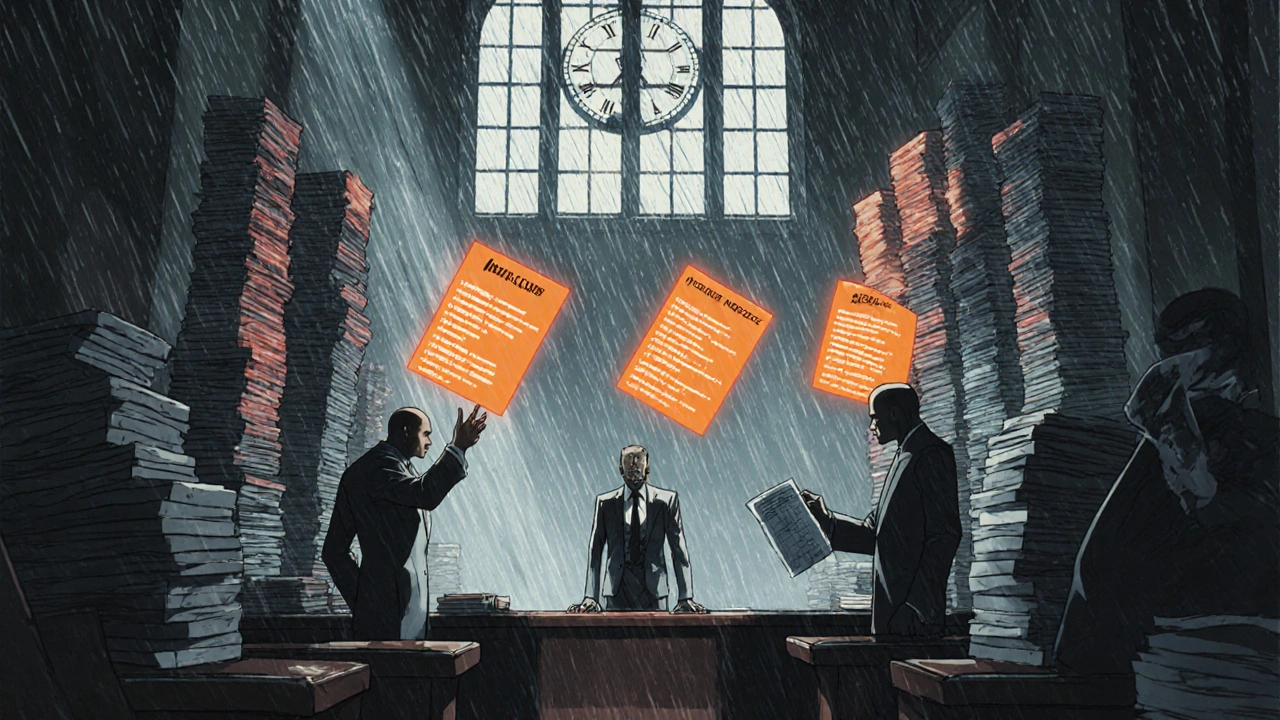Patent Litigation: How Legal Battles Shape Generic Drug Access and Prices
When you hear patent litigation, legal disputes over who owns the rights to make and sell a drug. Also known as drug patent lawsuits, it's the hidden engine behind why some medicines stay expensive for years — and why others suddenly drop in price overnight. This isn’t just about big pharma and lawyers. It’s about whether you can afford your pills next month.
Hatch-Waxman Act, the 1984 law that created the modern system for generic drug approval. Also known as Drug Price Competition and Patent Term Restoration Act, it tried to balance innovation with access. It lets generic companies file for approval before the brand-name patent expires — but only if they’re willing to challenge that patent in court. That’s where Paragraph IV certification, a legal notice a generic maker files to say the original patent is invalid or won’t be infringed. This single step triggers a 30-month clock. The brand company can sue, and the generic can’t launch until the case is settled — or the patent is knocked out. These lawsuits are high-stakes: a single win can mean billions in lost revenue for the brand, and a massive market opening for the generic.
Some of the biggest cases in recent years — like Amgen v. Sanofi, a Supreme Court battle over cholesterol drug patents. — didn’t just decide who could sell a drug. They reshaped how patents are written, how long they last, and what counts as "new" enough to protect. Meanwhile, the Orange Book, the FDA’s official list of approved drugs and their patents. is the playbook everyone uses. If a patent isn’t listed there, generics can move faster. If it’s listed but weak, that’s when Paragraph IV filings explode.
These battles aren’t abstract. They directly control when your insulin, your blood thinner, or your cholesterol med becomes cheap. They determine whether you wait six months or six years for a lower price. And they’re why some generic drugs hit the market fast while others never do — not because they don’t work, but because the legal fight is too risky or too expensive.
Below, you’ll find real-world examples of how patent litigation affects drug safety, pricing, and access — from how patients report side effects on generics to why biosimilars face their own legal hurdles. These aren’t theoretical debates. They’re the reason your prescription costs what it does today.
